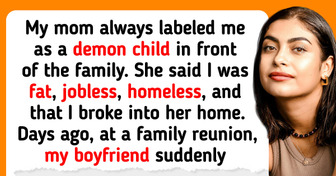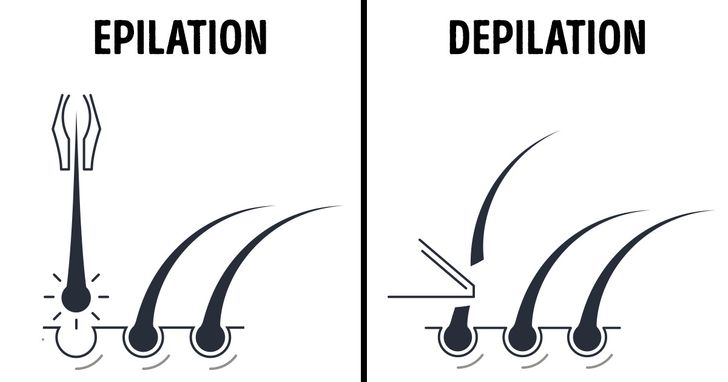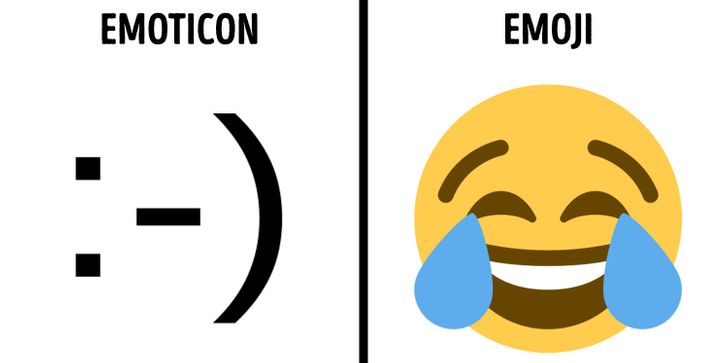The amount of people that don't know what "infamous" means is shocking.
9 Common Words You’re Probably Using Wrong
Take a closer look at the word “awful” — although you assume you can use it when talking about something “full of awe,” in reality, this adjective has a completely opposite meaning. That being said, sometimes we tend to use lots of other English words the wrong way without even realizing it.
9. Epilation vs depilation
- Epilation is the way you’d remove an unwanted hair by tearing it out, usually with a pair of tweezers.
- Depilation is the way you’d get rid of an unwanted hair at the level of your skin by shaving or trimming.
8. Farther vs further
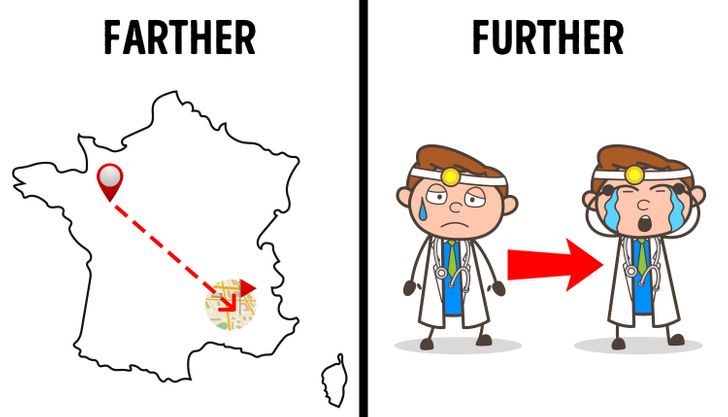
- When you’re talking about a physical distance, you can say, “This is farther from that.”
- Further usually refers to a figurative distance, meaning “extra or more” as in the following sentence: “If you complain further, I’m going to stop this conversation and never return to it again.”
7. Flammable vs inflammable
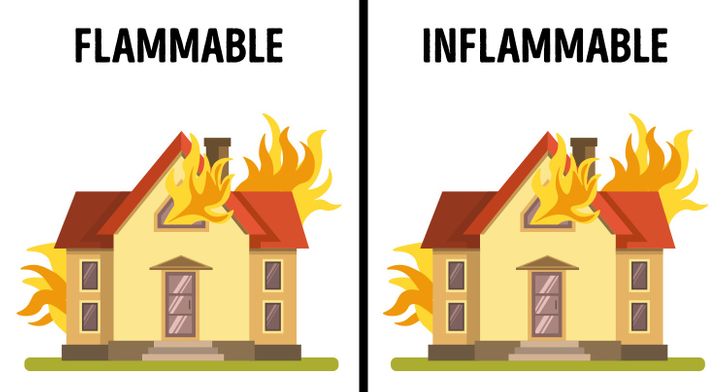
- Flammable means “capable of being set on fire.”
- Inflammable means exactly the same thing, so there’s no difference between these 2 words.
6. Emoticon vs emoji
- If you use characters such as punctuation marks, numbers, letters, etc. to express your feelings or mood, you use emoticons.
- Emojis are actual graphical expressions that can refer to anything including faces, common objects, places, types of weather, animals, and so on.
5. Famous vs infamous

- The word famous usually refers to people who are known for their great deeds, like heroes.
- However, if you want to say “very famous,” you should never use infamous as it means “famous for a negative reason,” like bank robbers or other criminals.
4. Poisonous vs venomous
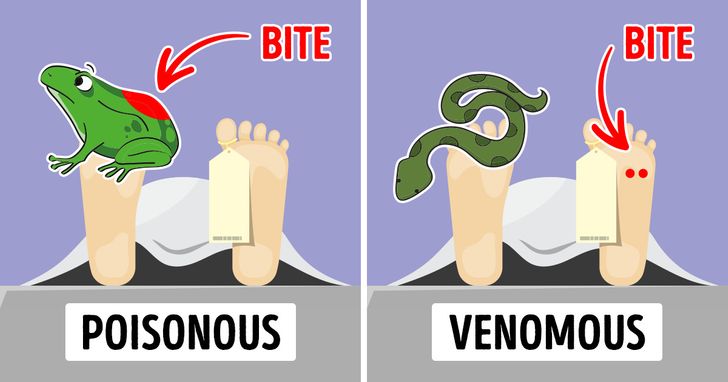
- Poisonous is used to refer to something that is toxic if you eat it.
- Venomous is used to refer to something that is toxic if it bites you.
3. Torturous vs tortuous
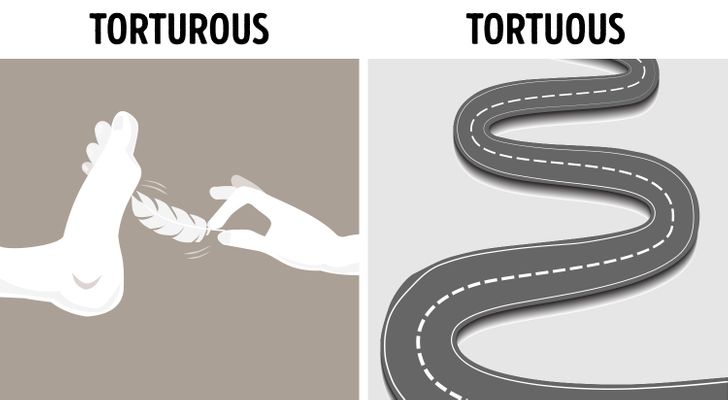
- When something makes you feel bad or causes pain and suffering, it’s considered torturous.
- Tortuous means “full of twists, turns, or bends.” You can also use this word when talking about something too lengthy or complex.
2. Bemused vs amused
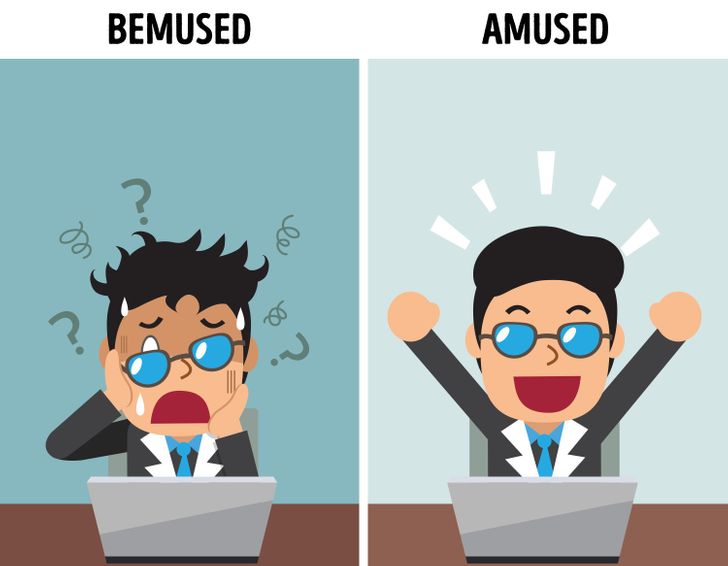
- Although most people think that bemused means “to be amused in a calm way,” it’s not actually true. The real meaning of this word is “to be bewildered, puzzled, or confused.”
- So when you want to say that you’re having an enjoyable time, you should say that you’re amused.
1. Nauseous vs nauseated
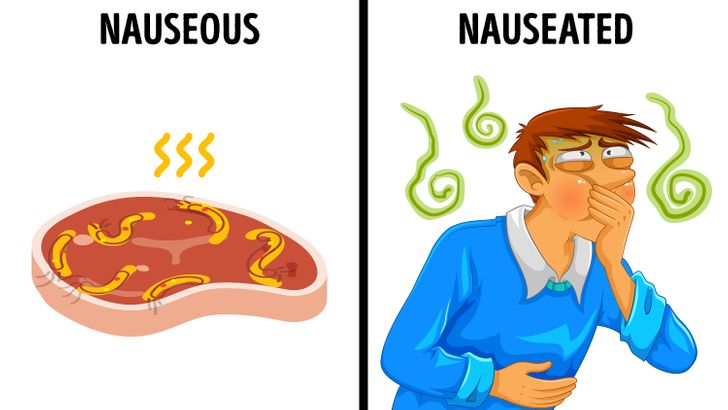
- Despite what you might think, nauseous doesn’t mean feeling sick to your stomach. What it really means is “causing nausea” like when you’re speaking about something smelly, spoiled, or rotten.
- So if you feel unwell, you probably feel nauseated.
Which English words do you always confuse? Let’s continue the list together in the comments!
Comments
I thought emoticon and emoji were the same thing
So why do we have both flammable and inflammable ?
Oh so that's the difference between venom and poison. I thought it was like something is poisonous, while something might have venom
Flammable and inflammable do not mean the same thing. If something is flammable it means it can be set fire to, such as a piece of wood. However, inflammable means that a substance is capabble of bursting into flames without the need for any ignition
Yes, there are technical differences between flammable, inflammable and combustible... but in everyday parlance, flammable and inflammable are used to mean the same thing
I find a lot of people confuse subconscious and unconscious
Related Reads
30 superb books you should read before turning 30

10+ People Who Experienced a Real-Life Horror Movie

15 Times Strangers Stepped Up in Superheroes’ Shoes

My Teenage Daughter is Shaking My Confidence as a Woman— I Decided to Send Her to Boarding School
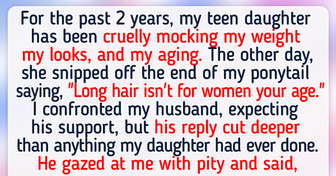
I Told My MIL She’s Not Allowed to Babysit My Child Anymore
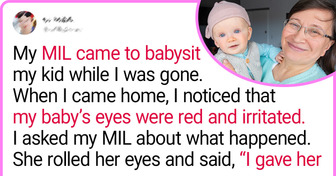
I Overheard an Atrocious Conversation Between My Husband and His Mom
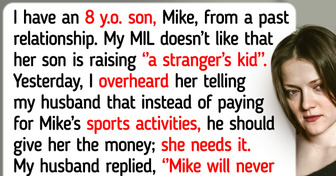
Anne Hathaway Deemed Unrecognizable After Her Face Shocked Many in New Pics

I Can’t Believe What My Ex-Husband Asked Our Daughter to Do
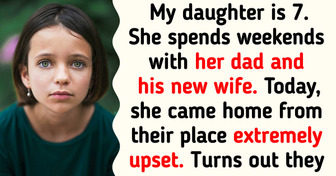
12 Moments That Are Too Funny to Miss
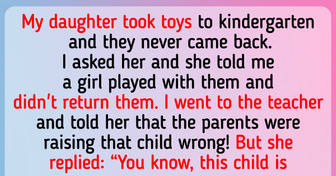
15+ Mystical Stories That Prove Children See the World Differently
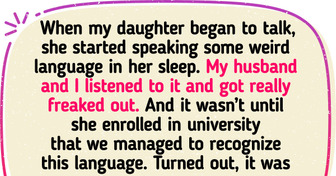
«She Is a Natural Beauty» — Michelle Pfeiffer, 65, Stuns With Make-up Free Selfie

Mom Told Lies About Me For Years, But Karma Finally Struck at a Family Gathering
